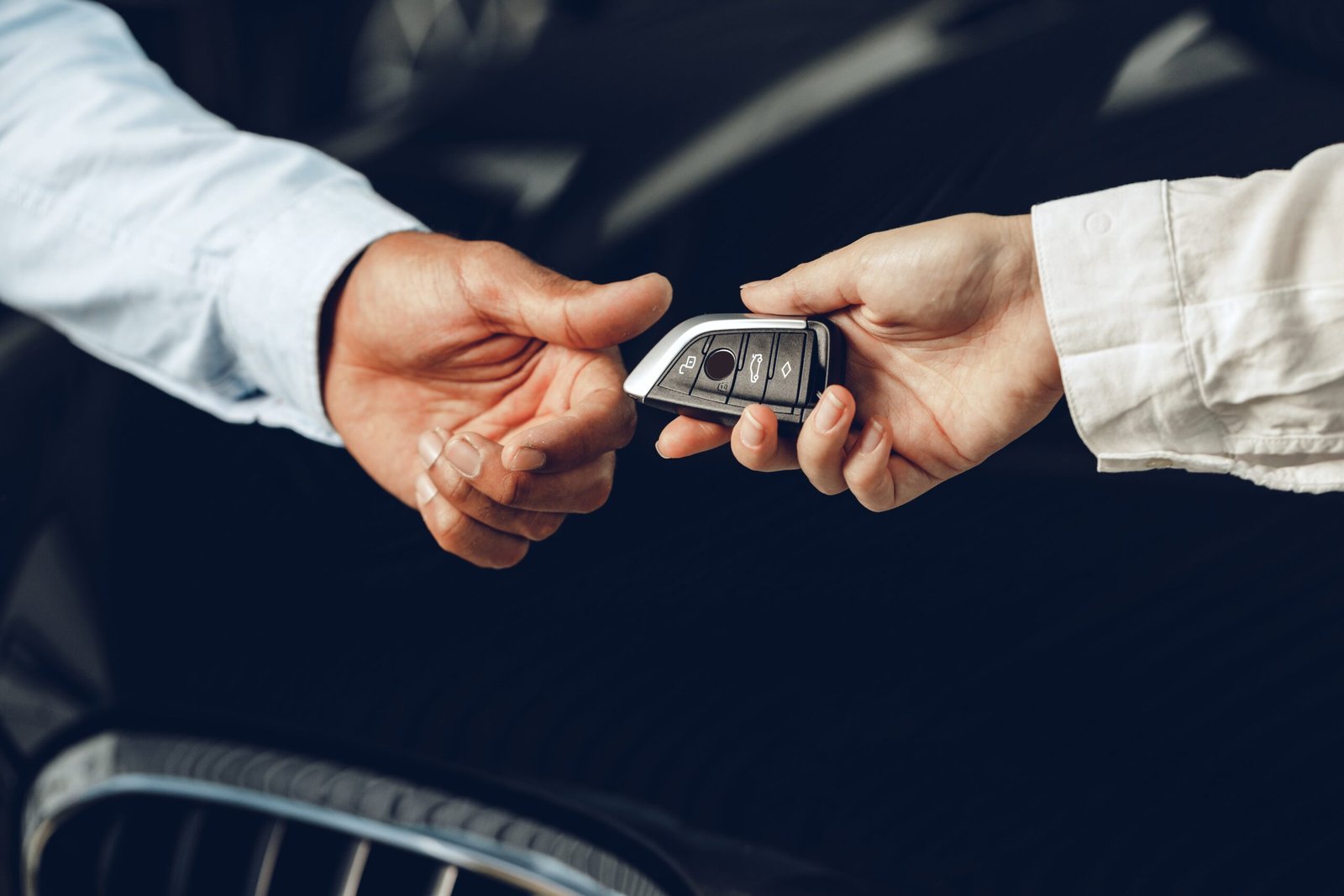15 Top Pinterest Boards From All Time About BMW Key
BMW Key Repair: A Comprehensive Guide
BMW vehicles are renowned for their luxury, performance, and advanced innovation. However, as with any automobile brand name, concerns can arise— including those related to the keys. A malfunctioning BMW key can result in trouble and frustration. Comprehending the repair process, triggers of key breakdowns, and the importance of proper care can significantly enhance the ownership experience. G28 Car Keys offers comprehensive insights into BMW key repair, consisting of a guide to typical concerns, a detailed repair process, and responses to regularly asked questions.
Common BMW Key Issues
BMW keys are advanced pieces of innovation, typically incorporating keyless entry, remote start, and other functions. Here are some common problems that may demand repair:
Common Key Issues
Description
Key Fob Battery Failure
The most common problem is a dead battery, which can trigger the key fob to stop working.
Physical Damage
Keys can end up being physically damaged or broken, affecting functionality.
Programming Issues
Keys may lose sync with the car's computer, needing reprogramming.
Water Damage
Exposure to wetness can harm internal components of the key fob.
Signal Interference
Other electronic gadgets can interrupt the signal essential for remote access.
Symptoms of a Malfunctioning Key
Owners might discover a number of symptoms suggesting a malfunctioning key. These include:
- Difficulty beginning the engine
- Inability to lock/unlock the doors
- Unresponsive trunk release
- Periodic operation of key functions
Acknowledging these signs early can assist owners take proactive actions in looking for repair.
Step-by-Step BMW Key Repair Process
Repairing a BMW key depends mainly on the nature of the issue. Below is a general guide to address common problems.
1. Examining the Battery
Materials Needed: Flat-head screwdriver, replacement battery.
- Open the Key Fob: Use a flat-head screwdriver to carefully pry open the key fob.
- Replace the Battery: Remove the old battery and replace it with a new one, guaranteeing appropriate polarity.
- Reassemble the fob: Snap the key fob back together and test its performance.
2. Repairing Physical Damage
Products Needed: Super glue, tape, or replacement case.
- Take a look at Damage: Check for any damaged or missing parts. If the key fob is damaged, think about acquiring a replacement casing or using very glue for small repairs.
- Reassemble and Test: After repairing, reassemble and guarantee it works correctly.
3. Reprogramming the Key
Materials Needed: Vehicle owner's handbook, spare key (if available).
- Seek advice from the Manual: Refer to the owner's handbook for specific directions on reprogramming the key.
- Utilize the Spare Key (if available): Sometimes using the spare key to turn the ignition on and off can reset the sync.
- Expert Help: If the issue persists, consulting a BMW dealer or certified locksmith for reprogramming might be necessary.
4. Dealing With Water Damage
Products Needed: Rice or silica gel, electronic device cleaner.
- Dry the Key: Immediately submerge the key fob in a container of rice or silica gel to soak up moisture. Leave it for a minimum of 24-48 hours.
- Cleaning: After drying, use a small quantity of electronic device cleaner to clean connections and buttons.
- Test Functionality: Assemble the key and check its operation.
5. Seeking Professional Help
When all else fails, or if the problem is more intricate, professional aid may be required. Speak with certified BMW specialists or locksmith professionals specializing in BMW key repair work.
Preventive Measures for Key Maintenance
Proper upkeep of BMW keys can help avoid performance concerns. Here are some ideas for care:
- Avoid Moisture: Keep the key fob far from water and moisture. If it gets wet, dry it right away.
- Handle With Care: Avoid dropping or applying extreme force to the key.
- Regular Battery Checks: Periodically check and change the battery to prevent sudden failures.
- Limitation Usage of Remote Functions: Use remote functions moderately to extend the key's life expectancy.
FAQs About BMW Key Repair
What should I do if my BMW key fob isn't responding at all?
- Replace the Battery: As an initial step, try replacing the battery.
- Reprogram the Key: Follow the manual for reprogramming directions.
- Seek advice from a Professional: If neither options work, consult a BMW dealership.
Can I repair my BMW key myself, or should I always go to a car dealership?
Many key problems can be attended to in the house, such as battery replacement and small repairs. However, for more complex issues like reprogramming or water damage, professional support might be needed.
How can I prevent my BMW key from breaking?
Looking after the key, preventing wetness, and keeping it far from impact can considerably minimize the danger of damage.
Is it costly to repair a BMW key?
The cost of repair work can differ extensively based on the issue. Easy battery replacements can be affordable, whereas reprogramming or replacement may be more pricey.
How often should I replace the battery in my BMW key fob?
It is usually recommended to replace the battery every 1-2 years, depending upon use. Routine checks can assist catch a dying battery before it leads to practical concerns.
Comprehending the complexities of BMW key repair can empower owners to attend to problems successfully while prolonging the life of their keys. With correct care, prompt upkeep, and a grasp of when to look for expert assistance, BMW owners can ensure a smooth driving experience. With their innovative technology, these keys, when managed with care and fixed properly, will continue to unlock the high-end and efficiency that BMW is renowned for.
